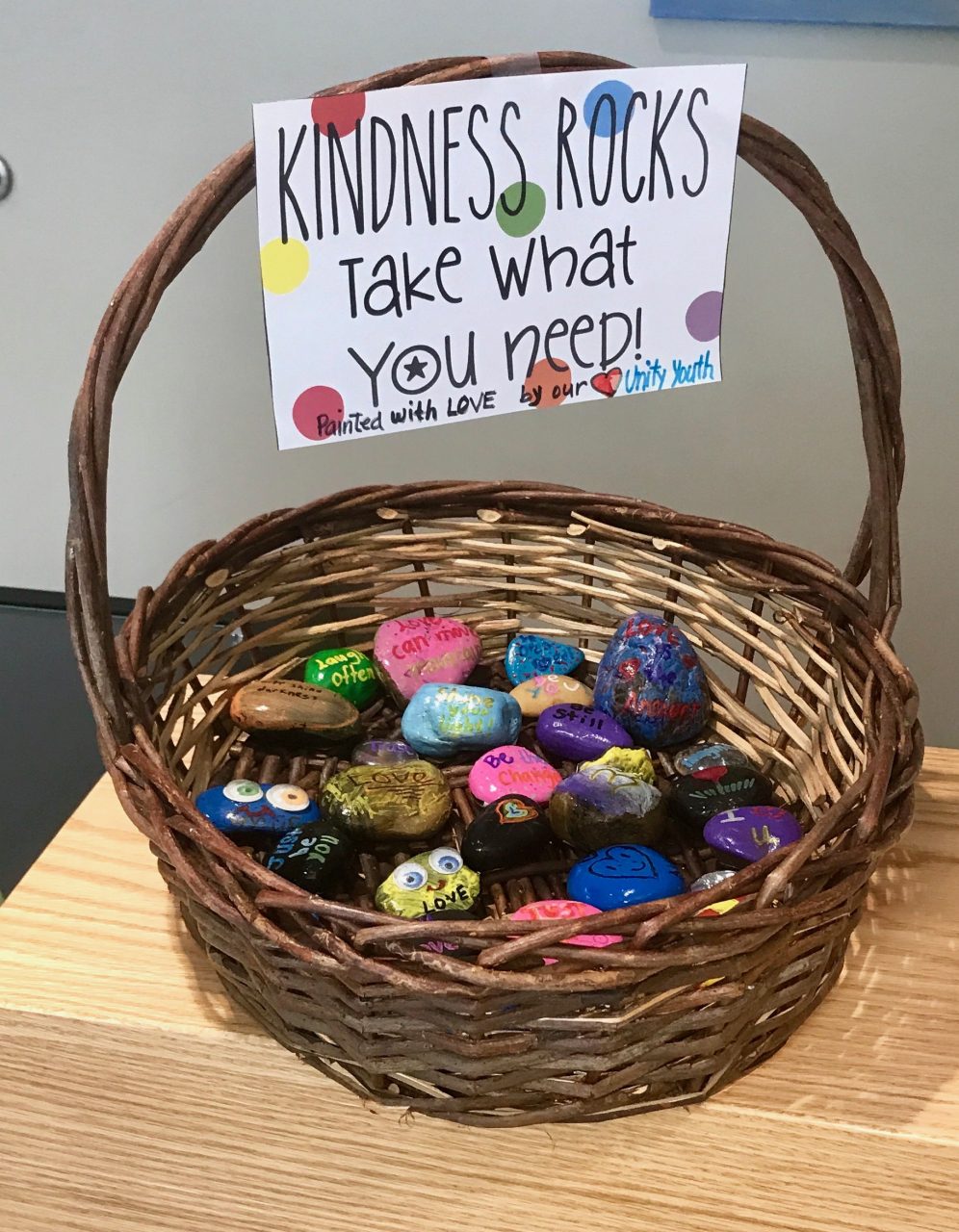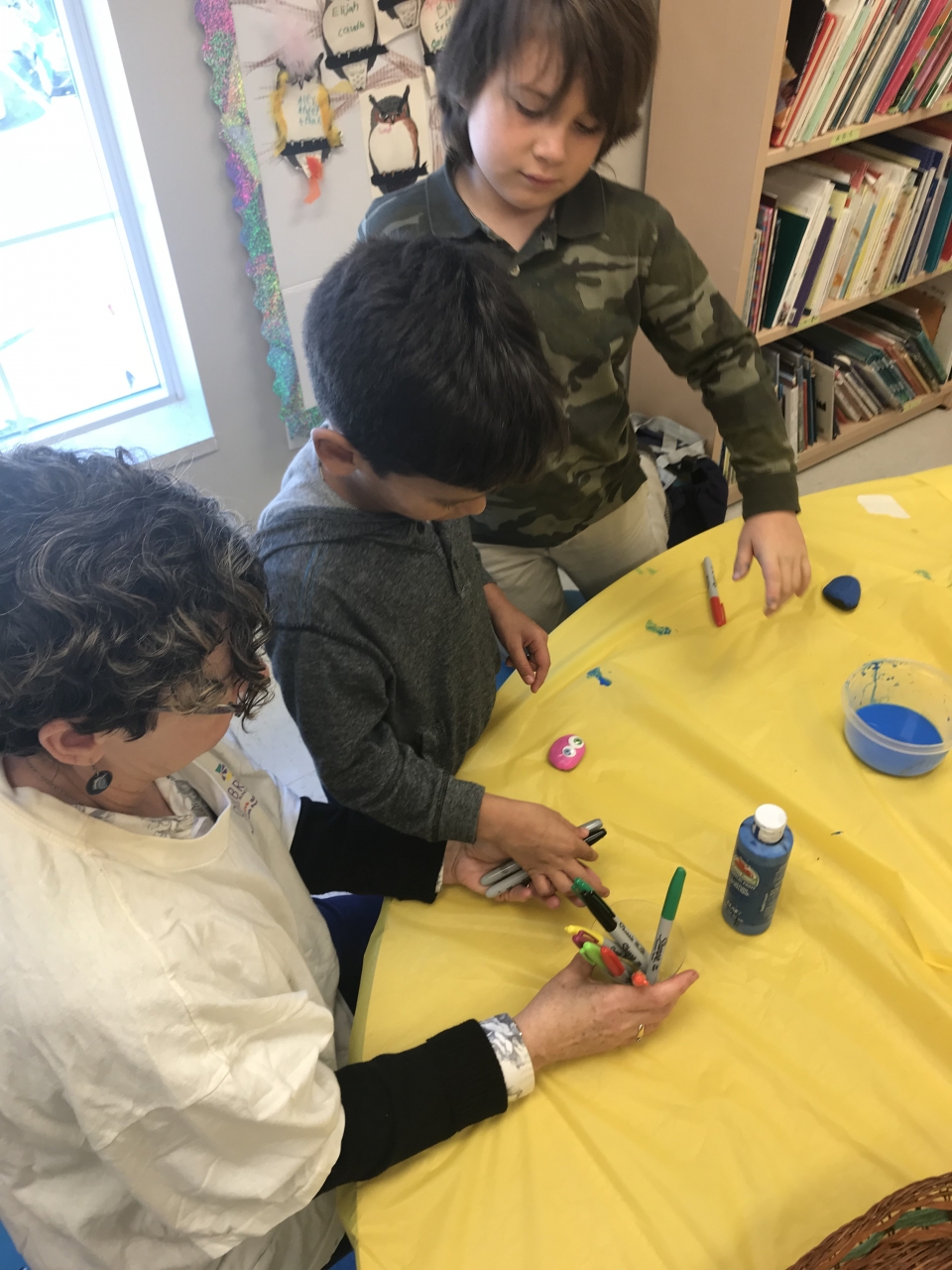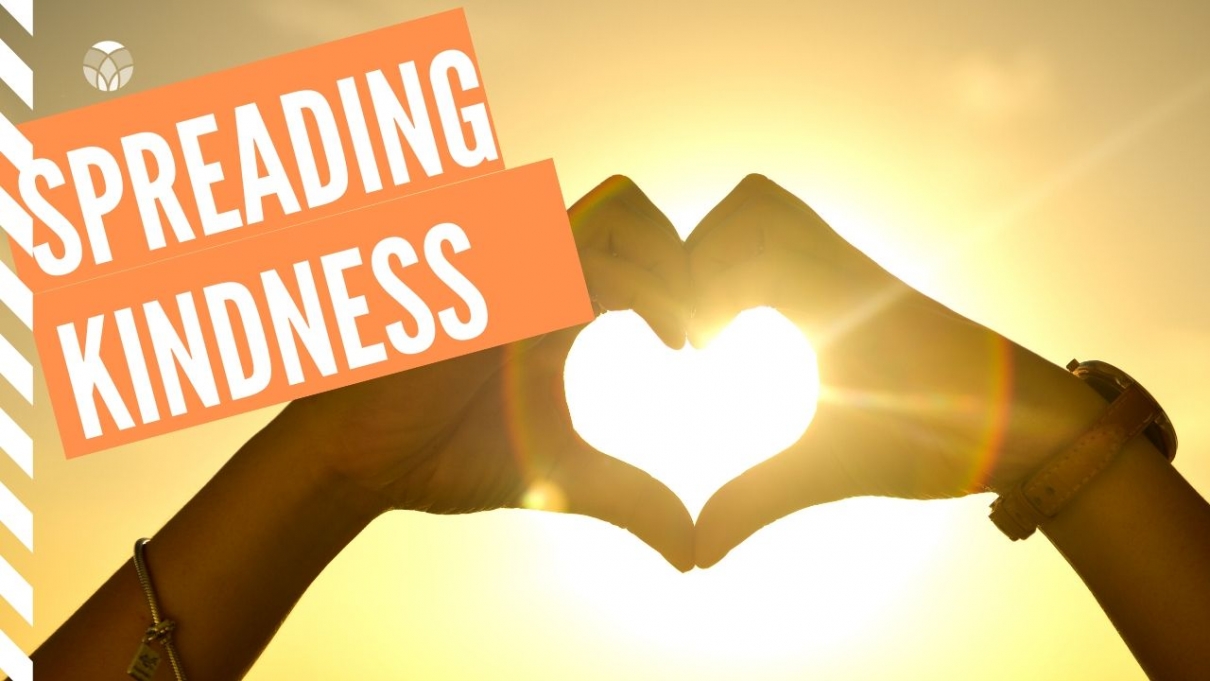Spreading Kindness | Youth Monday
Today we will focus on the importance of kindness and on simple ways we can make a difference in our world. As parents and teachers, we have all probably told our kids to“play nicely” or “be kind to your sister.” And most of us agree that we want to raise caring children. But is kindness something you can really teach?
Yes — but most of the teaching is done by example.
According to Mary Gordon, founder, and president of Roots of Empathy, a K-8 classroom program designed to instill emotional and social competence, and to reduce aggression: “Kindness isn’t taught, it’s learned. In order to be kind, you have to experience it at home. If you want your child to be kind, you are wasting your breath lecturing them.”
In a recent study, researchers at the Harvard graduate school of education found 80 percent of youth say their parents care more about their personal achievements or happiness than whether they are kind human beings. Of the 10,000 students surveyed, they were three times as likely to agree than disagree with this statement: “My parents are prouder if I get good grades in my classes than if I’m a caring community member.” This is food for thought.
Simply put, kindness is being nice to others. As you examine kindness further, a number of important dimensions begin to unfold. Kindness is being generous with others, giving your time, money, and talent to support those who are in need. Kindness is being compassionate, which means to really be there for someone, listening intently to their suffering or just sitting with them and silently supporting them. Such compassion involves a deep concern for the welfare of others. Kindness is also being nurturing and caring to others — to enjoy doing favors for them, to take care of them, and to perform good deeds.
Kind individuals believe that others are worthy of attention and affirmation for their own sake as human beings, not out of a sense of duty or principle. There are three traits of altruistic personalities:
- Empathy/sympathy
- Moral reasoning
- Social responsibility
How can we make the most of kindness in your everyday life? In the moments that matter the most?
Here are some ideas:
Perform a random act of kindness each day (ex: slowing to allow a car in front of you, complimenting a co-worker, buying a treat for your partner). By being consistent, we make kindness a habit in our everyday lives.
Say kinder and softer words to people when interacting through email, writing letters, talking on the phone. Smile when answering the phone and sound happy to hear from the person on the other end of the line.
Smile at strangers. You could be making their day by just smiling! We never know what people are going through.
Be an example. Join service projects. Donate time and/or money to organizations that help those in need.
We often tend to think that we have to do something big to make an impact but small, every day acts of kindness have a huge impact and do make a difference.

Kindness Rocks!
I had the opportunity to visit Unity Village last summer. It was a wonderful experience. They have a beautiful Kindness Rock garden. They were in the process of cleaning and restoring their garden. I quickly volunteered to help! Making Kindness Rocks is one of our children’s favorite Sunday School activities at our church. Since we do not have a garden, we place our rocks in a basket for people to take, receive inspiration, share with others, and help spread positivity and kindness to the world. In today’s video, I will teach you how to make Kindness Rocks! It may sound too simple but we never know when we are making someone’s day by giving them something as small as a Kindness Rock. Watch today’s video to learn how to make them!
May we continue to spread kindness to our world, remembering that our future generations are learning from our example. We are powerful seeds of change.
Namaste,
Janice






